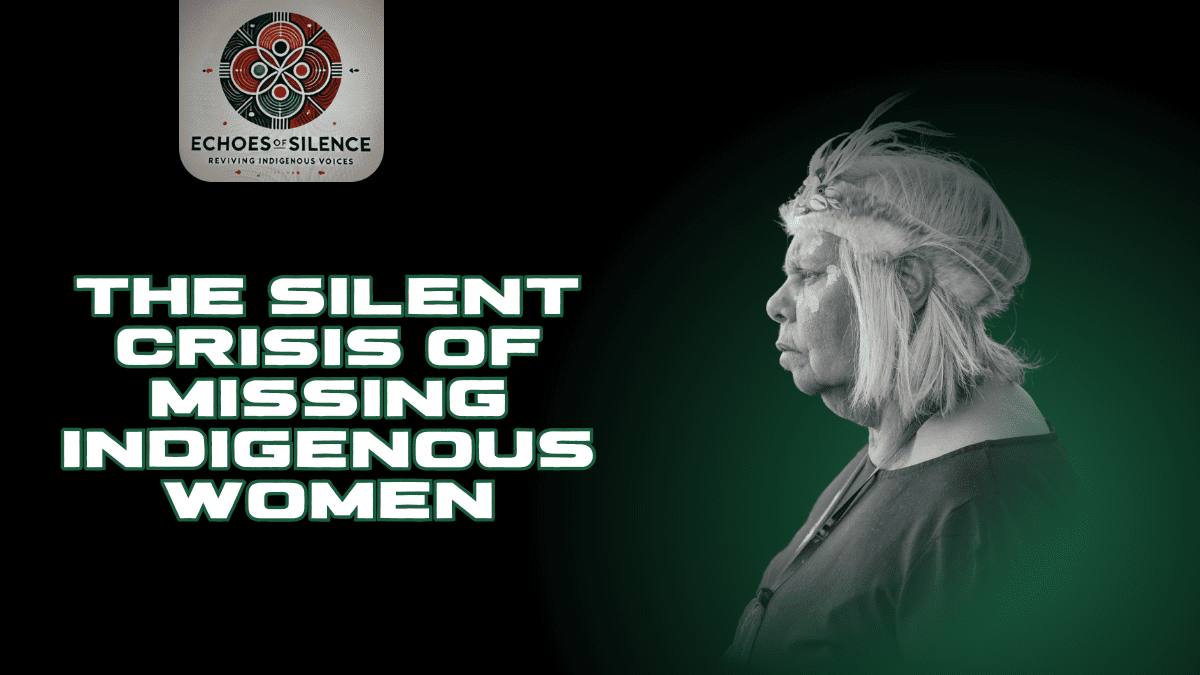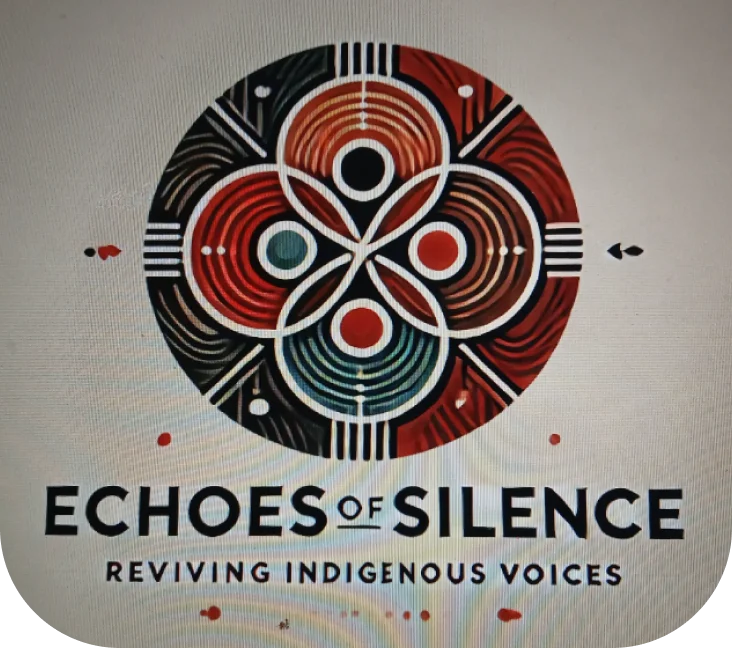They’re Disappearing: The Silent Crisis of Missing Indigenous Women

They found shoes first. Then clothes. Then charred human remains. All buried where authorities said there was nothing.
This isn’t fiction. On March 5, 2025, families armed with nothing but shovels and heartbreak unearthed what professionals missed—or chose to ignore—near Guadalajara, Mexico.
It shouldn’t have been their job to dig.
The discovery tells a story we’ve heard too many times: Indigenous women and girls are vanishing, their cases forgotten, their families left to search alone. But something new is on the horizon that might finally change things.
The Ugly Truth No One’s Talking About
- The numbers are staggering: Over 94,000 people missing in Mexico alone
- The system is broken: Only 17% of murder cases ever name a suspect
- The pattern is clear: Indigenous victims receive less attention, fewer resources
- The burden is cruel: Grieving families become detectives by default
What happened in Guadalajara cuts deep. Family members discovered hundreds of shoes, clothing items, burned remains, and three underground ovens. These weren’t hidden with any special care. They were just ignored.
Human Rights Watch said it perfectly: “It is shocking and disheartening that victims’ family members were forced to do the work that authorities claimed to have done.”
Shocking doesn’t begin to cover it.

Each number represents someone who matters—a daughter, a sister, a mother. Someone whose empty chair at dinner is a daily wound for those left behind.
Why This Keeps Happening
This crisis isn’t accidental. It continues because:
- No one takes ownership: Cases bounce between agencies, each saying “not our problem”
- Record-keeping is a mess: There’s no good system to track cases across borders
- Prejudice runs deep: Indigenous victims’ cases simply don’t get the same attention
- Trust is broken: Centuries of mistreatment have left deep scars between Indigenous communities and authorities
- Media looks away: These stories rarely make headlines compared to similar crimes against non-Indigenous victims
The neglect isn’t random—it’s baked into the system.
When Families Have No Choice
Think about this for a second.
What if it was your sister? Your daughter? Would you wait for a system that’s failed countless others? Or would you grab a shovel and start digging?
In Guadalajara, families didn’t have the luxury of patience. They became:
- The investigators no one sent
- The evidence collectors no one paid
- The voices no one would amplify
- The advocates no one would hire
- The search teams no one would organize
With basic tools and broken hearts, they found what trained professionals with resources and technology claimed wasn’t there. This same story plays out across North America, over and over again.
You Can’t Fix What You Can’t See
One huge problem is the lack of good data. The current situation is a mess:
- Everyone uses different definitions for what counts as a case
- Indigenous victims often get marked as other races
- No system catches cases that cross different borders
- Cases might not get recorded for weeks or months
- Families struggle just to get basic updates
Without seeing the whole picture, patterns stay hidden. Without patterns, real solutions stay out of reach.
Hope Takes a New Shape
That’s where RIV (Reviving Indigenous Voices) comes in—the first Indigenous-led app built specifically to help prevent, report, and track these crimes as they happen.
This new platform aims to:
- Create one clear system that works no matter where you are
- Send out alerts the moment someone goes missing
- Keep tabs on investigations and hold authorities responsible
- Connect desperate families with help and support
- Build the first complete picture of this crisis through better data
RIV isn’t just an app—it’s a taking back of power. By gathering information in one place and creating accountability, it bypasses systems that have repeatedly failed Indigenous communities.
What You Can Do Right Now
This crisis needs action, not just awareness. Here’s how to help:
- Put your money where your mouth is: Support organizations led by Indigenous people working directly on this issue
- Use your voice: Share accurate information about these cases with your networks
- Demand better: Tell your elected officials you expect better tracking and investigations
- Boost the signal: Follow and share content from Indigenous advocates and families
- Show up: Volunteer with search efforts in your area when they happen
Above all, stay informed. These stories may not make the evening news, but you can seek them out and make sure they’re heard.
Moving From Talk to Change
Talking about this crisis isn’t enough. Real change needs:
- Better laws: Creating specific rules for investigating cases involving Indigenous victims
- Working together: Building systems that connect tribal, state, federal, and international authorities
- Cultural awareness: Training police in ways that respect Indigenous cultures and trauma
- Community solutions: Supporting programs designed and led by Indigenous communities
- Steady funding: Making sure resources are there for both immediate needs and long-term fixes
RIV represents a crucial step forward, but it needs widespread support to make a real difference.
We Need to Care
What they found in Guadalajara isn’t a one-time tragedy—it’s a glimpse into a crisis that’s been unfolding for generations. Indigenous women and girls are vanishing daily, their cases pushed aside by the very systems meant to protect them.
RIV is creating tools that could change everything. But tools only work if people use them.
We’re past the time for awareness ribbons and social media posts. Indigenous communities have carried this weight alone for too long. It’s time for the rest of us to step up.
Because 94,000+ people haven’t just gone missing—they’ve been erased by a system that was never designed to find them.
Join this fight. Back Indigenous-led solutions. Demand better from authorities. The next discovery shouldn’t be made by a mother with a shovel—it should never need to happen at all.
